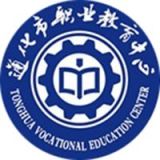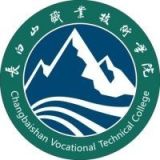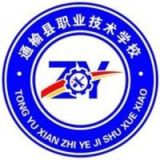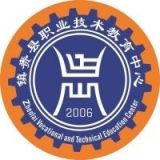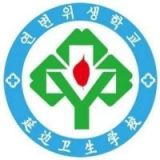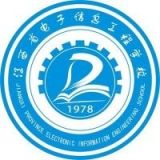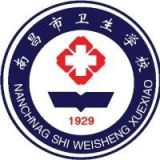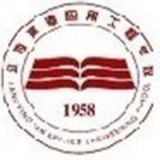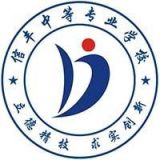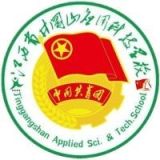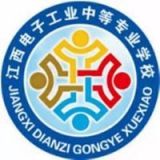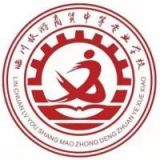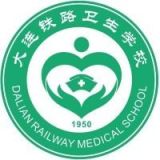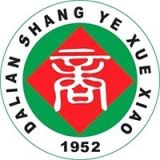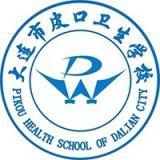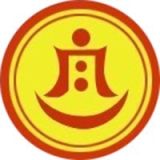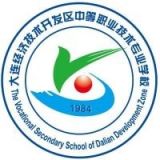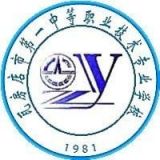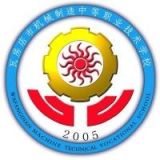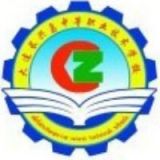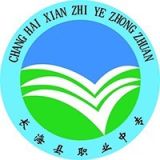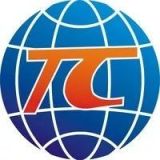您在以新乐职业中专长的工作中如何解决问题?

As a software engineer in the tech industry, I face a variety of problems on a daily basis. Here are some examples:
- Technical challenges: Debugging complex software issues, learning new technologies, and keeping up with the rapid pace of technological advancements.
- Communication challenges: Effectively communicating technical concepts to both technical and non-technical stakeholders, including clients, colleagues, and customers.
- Collaboration challenges: Working effectively in a team environment, resolving conflicts, and ensuring everyone is on the same page.
- Problem-solving skills: Identifying and resolving technical and non-technical problems in a creative and efficient manner.
- Adaptability: Staying up-to-date on the latest technological trends and adapting my skills to meet the evolving needs of the industry.
To address these challenges, I have developed various problem-solving strategies:
- Thorough analysis: I break down complex issues into smaller, manageable parts and systematically analyze them to identify the root cause.
- Collaboration: I actively engage with team members, seeking their input and perspectives to gain a broader understanding of the problem.
- Experimentation: I actively experiment with different solutions to find the most effective approach.
- Continuous learning: I actively seek out new knowledge and skills to stay ahead of the curve.
- Communication: I prioritize clear and concise communication with both technical and non-technical stakeholders.
While these strategies have been effective in addressing specific problems, I am constantly seeking new and innovative ways to tackle complex challenges. I am particularly interested in learning about agile methodologies and problem-solving techniques that can help me be more efficient and effective in my work.
What are some agile methodologies and problem-solving techniques that you would recommend for a software engineer who wants to be more efficient and effective?
I would recommend exploring the following agile methodologies and problem-solving techniques:
- Scrum: A collaborative framework that emphasizes iterative development, continuous learning, and adaptation.
- Kanban: A visual workflow management system that helps teams visualize and manage their workflow.
- XP (Extreme Programming): A more agile approach that focuses on delivering value early and often.
- Waterfall: A sequential approach that follows a linear workflow.
- Agile frameworks combined with Lean principles: These methodologies combine the iterative nature of agile with the continuous improvement principles of Lean.
In addition to these methodologies, I would also recommend exploring problem-solving techniques such as:
- Root cause analysis: Identifying the underlying causes of a problem to develop effective solutions.
- Agile ceremonies: Participating in sprint planning, daily stand-up meetings, and retrospectives to stay aligned and focused.
- User story writing: Writing clear and concise user stories that accurately describe the functionality and requirements of a feature or requirement.
- Prototyping: Creating low-fidelity or high-fidelity prototypes to quickly validate and test ideas.
- Continuous testing: Performing automated and manual testing throughout the development process to identify and fix problems early.
By exploring these agile methodologies and problem-solving techniques, you can become a more efficient and effective software engineer who can tackle complex challenges more effectively.




























































